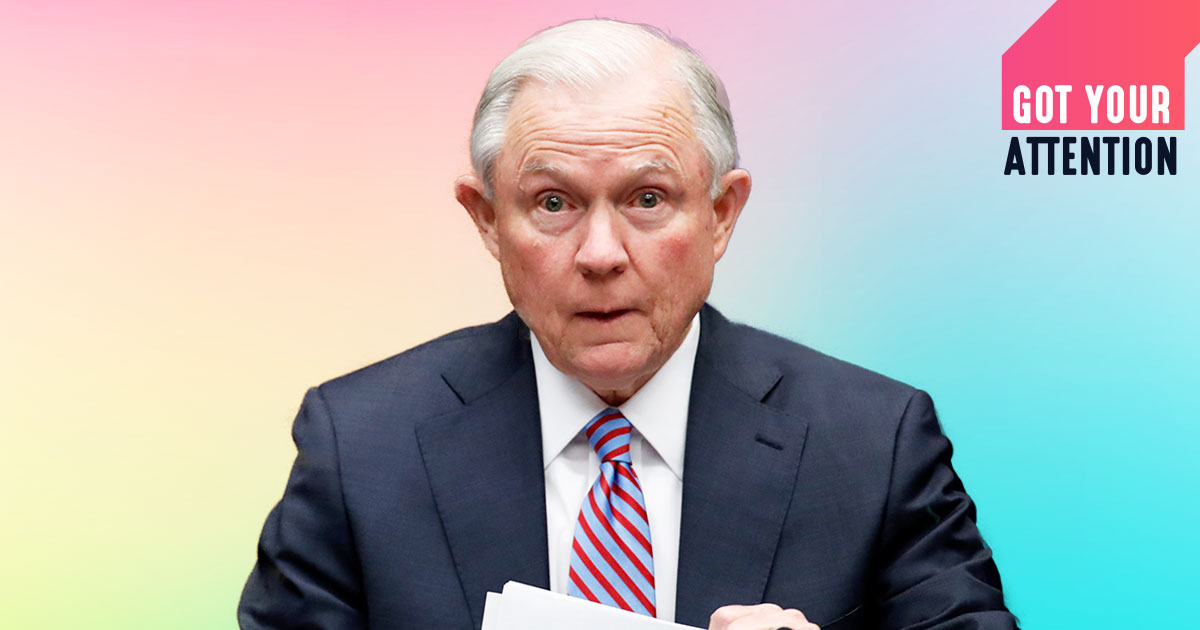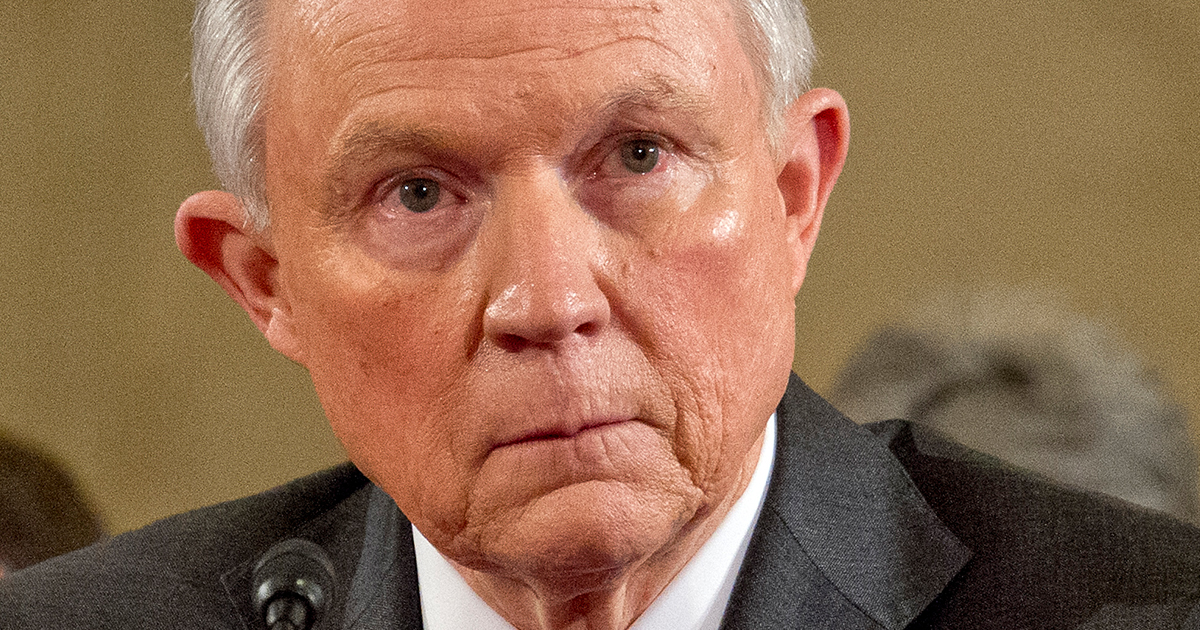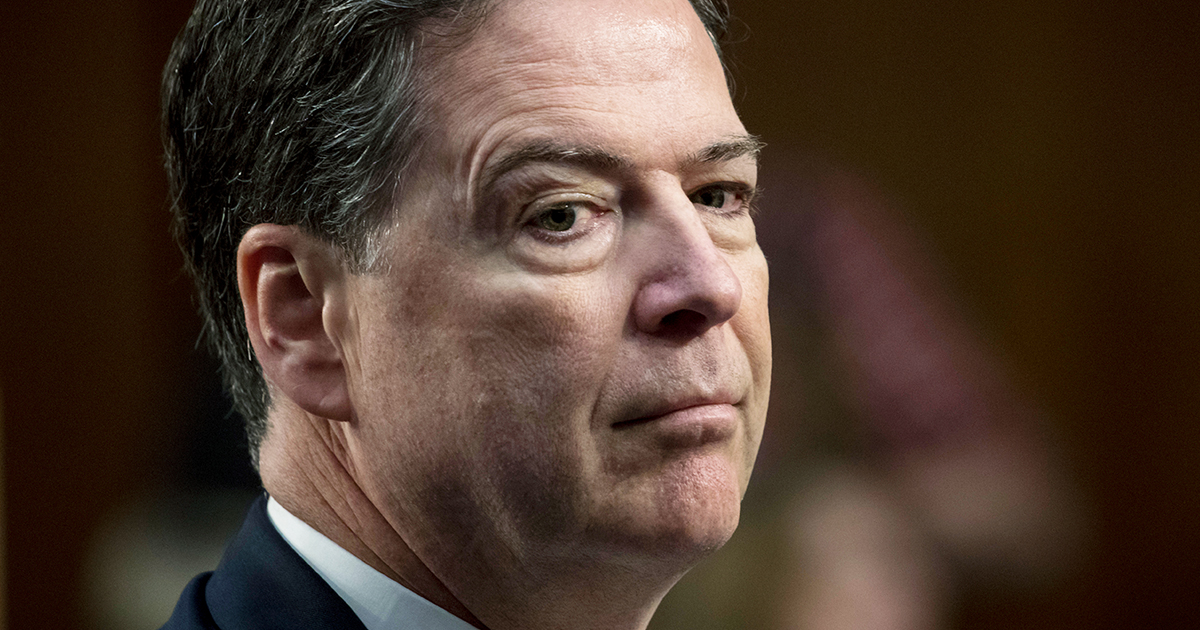Questions To Expect at the Attorney General's Open Hearing

By:
Attorney General Jeff Sessions will take questions under oath during an open hearing on Tuesday—and people have a lot of questions for him.
 AP/Alex Brandon - apimages.com
AP/Alex Brandon - apimages.com
The attorney general has once again found himself at the center of the ongoing investigations into Russian interference in the 2016 presidential election—three months after recusing himself from such investigations. The Senate Intelligence Committee is expected to ask Sessions about his contacts with Russian officials, conversations he's had with the president, and his role in the firing of FBI Director James Comey last month.
There are several investigations exploring Russian interference in the 2016 election, but the main probe is led by the Department of Justice-appointed special counsel, Robert Mueller. Details that emerge during these congressional hearings, including Sessions' testimony on Tuesday, will be shared with other intelligence agencies to support their investigations.
Here's what people want to hear from Jeff Sessions at Tuesday's open hearing.
1. Why didn't Sessions do something after Comey expressed concerns about being left alone with the president?
During his open hearing before the Senate Intelligence Committee last week, Comey said that he asked the attorney general in February to help "prevent any future direct communication" between himself and the president, describing such contacts as "inappropriate."
Comey said that Sessions "did not reply" at the time and it's unclear whether the attorney general ultimately honored this request. The president called Comey twice after that conversation. If Sessions didn't follow through on Comey's request, the committee will likely want to know why.
2. Why did Sessions recommend the firing of Comey given his recusal from federal investigations into Russian interference in the election?
Though President Donald Trump cited Comey's handling of the Russia investigation as the reason that motivated his decision to fire the FBI director, the White House initially said Comey was terminated on the basis of recommendations from Sessions and Deputy Attorney General Rod Rosenstein.
Regardless of the true reason, Sessions' recommendation has been called into question in light of his recusal from federal investigations into Russian interference in the election—which Comey was leading at the time.
3. What systems are in place to prevent Sessions from "meddling" in the investigation?
In a press release on Monday, Sen. Chuck Schumer (D-N.Y.) said the committee should ask Sessions what "safeguards are in place to prevent his meddling" into investigations pertaining to Russian interference in the election.
"Recommending Director Comey’s firing would seem to be a violation of his recusal," and "Attorney General Sessions needs to answer for that," Schumer said.
4. Did Sessions have any other undisclosed meetings with the Russian ambassador to the United States?
The attorney general's recusal came after The Washington Post reported on two meetings between Sessions and Russian Ambassador Sergey Kislyak that were not disclosed during Sessions' Senate confirmation process.
 AP/Ron Sachs - apimages.com
AP/Ron Sachs - apimages.com
In a closed-door meeting after the public hearing, Comey reportedly told members of the Senate Intelligence Committee last week that intercepted Russian communications suggested Sessions met Kislyak at least one other time during the 2016 presidential campaign.
5. If it's true that Sessions met with Kislyak a third time during Trump's presidential campaign, what did they discuss?
 AP Photo/J. Scott Applewhite - apimages.com
AP Photo/J. Scott Applewhite - apimages.com
Naturally, the Senate Intelligence Committee would want to know what was discussed during that undisclosed third meeting, if it did take place. The Justice Department had previously denied that another private conversation between Sessions and Kislyak occurred.
